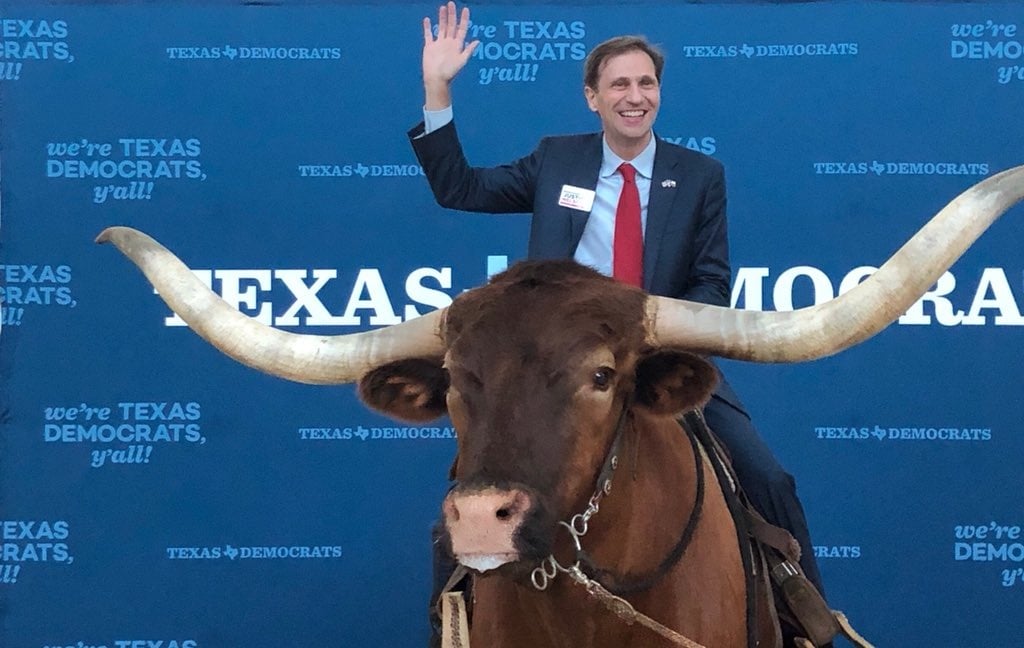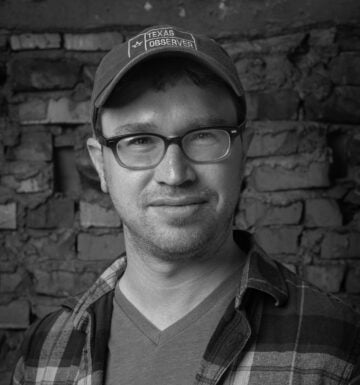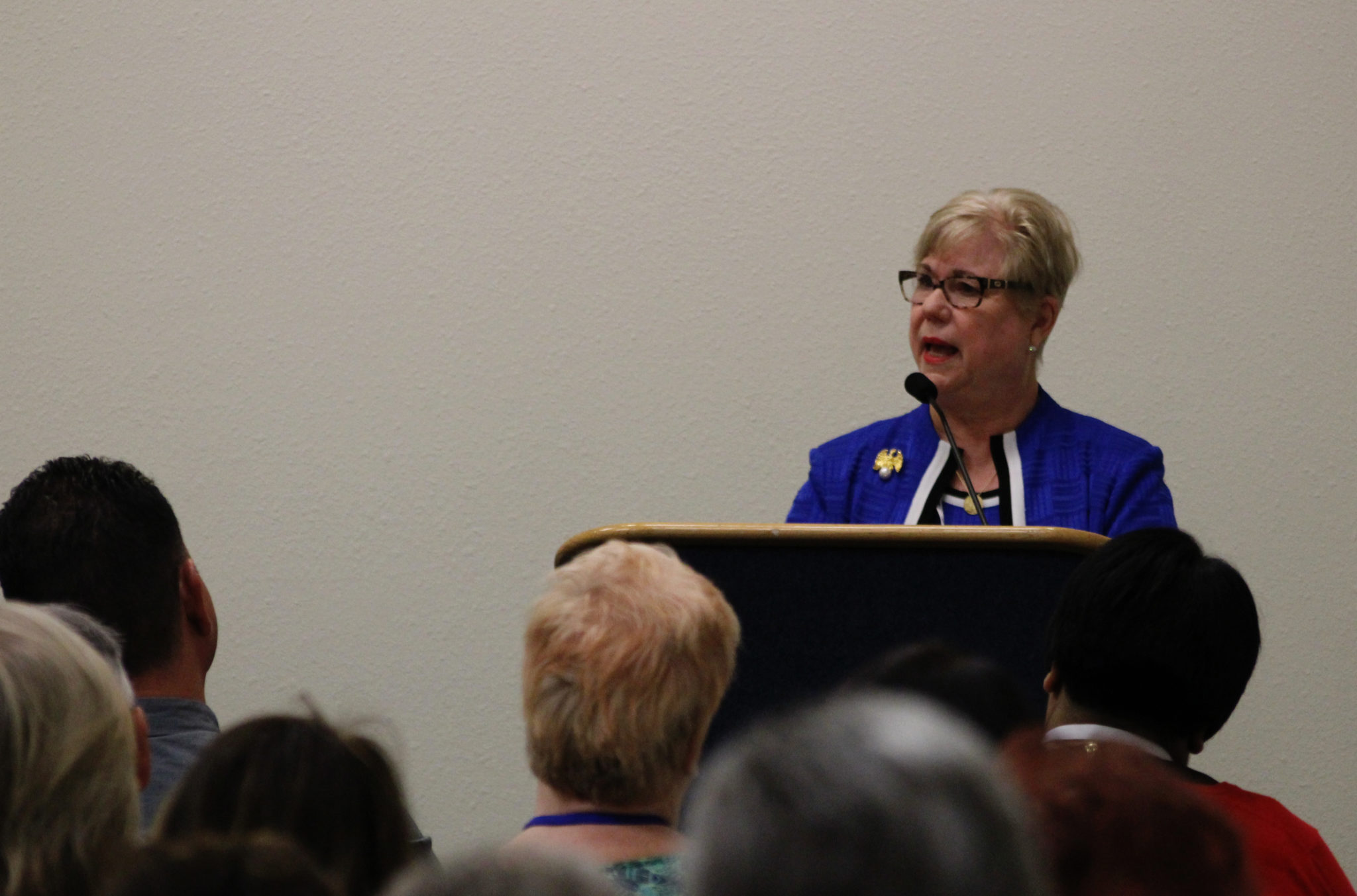
Texas Democrats Want to Turn Out Rural Voters, but What’s Their Plan?
Dem party leaders like to talk about “energizing rural voters,” but what they’ve delivered so far is a vague, anemic message.

You’ve gotta give it to them — they have energy. But if the first two days of the Texas Democratic Convention are any indication, that may be all Democrats have to offer, especially in rural parts of the state.
In this election cycle, the Democratic Party has fielded a weak crop of statewide candidates who are struggling to deliver any kind of unified message. Do they want single-payer health care? Humane immigration policy? Congressional term limits? Who knows. On the other hand, we do know what the Texas Republican Party stands for: limited government, the Second Amendment, banning abortion. It’s a theme that serves the GOP well in both suburban and rural areas, but Democrats have struggled to articulate any similarly straightforward messaging.
“Voting is a lot like driving a tractor. If you want to go backwards, put it in R.”
At the convention on Friday, Texas Democratic Party Chair Gilberto Hinojosa told more than 100 attendees at a rural caucus meeting: “Until we start doing better in rural Texas, we can’t win statewide elections.” He’s right, of course, but everyone in the room already knew that. What he didn’t say — and what no one else seems to know, either — is how to actually get rural Texans to vote on the Democratic ballot.
Democrats were almost entirely ineffectual in rural Texas in the 2016 general election; Clinton lost to Trump by massive margins in most areas outside of the state’s major metros. Since then, party reps have issued a refrain about the necessity of energizing rural voters, but they’ve said little about strategy. Lena Wells, the president of a rural Democratic group that spans state Senate District 30 in North Texas’ Rolling Plains, said Ds need to cash in on potential dissatisfaction with Trump to get Rs to switch sides. “We’ve had people say they aren’t voting Republican anymore. They’re so disillusioned and embarrassed … with his threatrics.”
Janet Akers-Amos, the chair of Wise County’s Democratic Party, doesn’t have much confidence in that approach. Akers-Amos told me that trying to convince Republicans to leave their party is essentially futile. “It’s a waste of time,” she said. “We’re spending our time registering disengaged voters.”

Jon Richie, who sits on the party’s executive committee, said Democrats’ strategy was a “kitchen-table campaign” to get rural voters talking. But he offered few specifics on the substance of that campaign. His aunt Betty Richie, the chair of the Democratic National Committee’s rural committee, suggested that expanded broadband access could become part of a rural party platform, but other than that, “I think it’s about energizing people.”
At least rural candidates left the standing-room-only caucus meeting with some snappy quotes (though some were cringier than others). Miguel Levario, who’s challenging Lubbock’s Jodey Arrington for the Panhandle’s Congressional District 19, said his opponent has “six-foot-six of pissed-off West Texan coming at him.” Jennie Lou Leeder, who is challenging Midland Representative Mike Conaway in Congressional District 11, said she wants to “put a con away” by defeating the chair of the House Agriculture Committee and the Farm Bill’s chief author.
Kendall Scudder, who faces incumbent Bob Hall in state Senate District 2 had perhaps the best/worst line: “Voting is a lot like driving a tractor. If you want to go backwards, put it in R.” Drew Landry, the candidate for state House District 83, came the closest to combining the Dems’ energy with a message of actual substance. “Education is No. 1. Community colleges are No. 1. Dan Patrick’s agenda to kill public schools has to be stopped.”
Correction: A previous version of this story incorrectly attributed a statement made by Congressional candidate Jennie Lou Leeder to statehouse candidate Samantha Fields. The Observer regrets the error.


